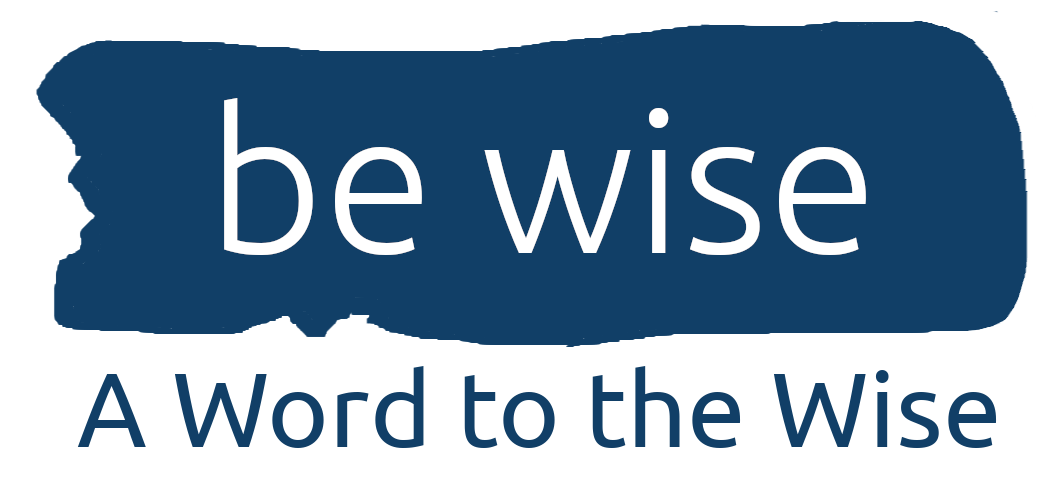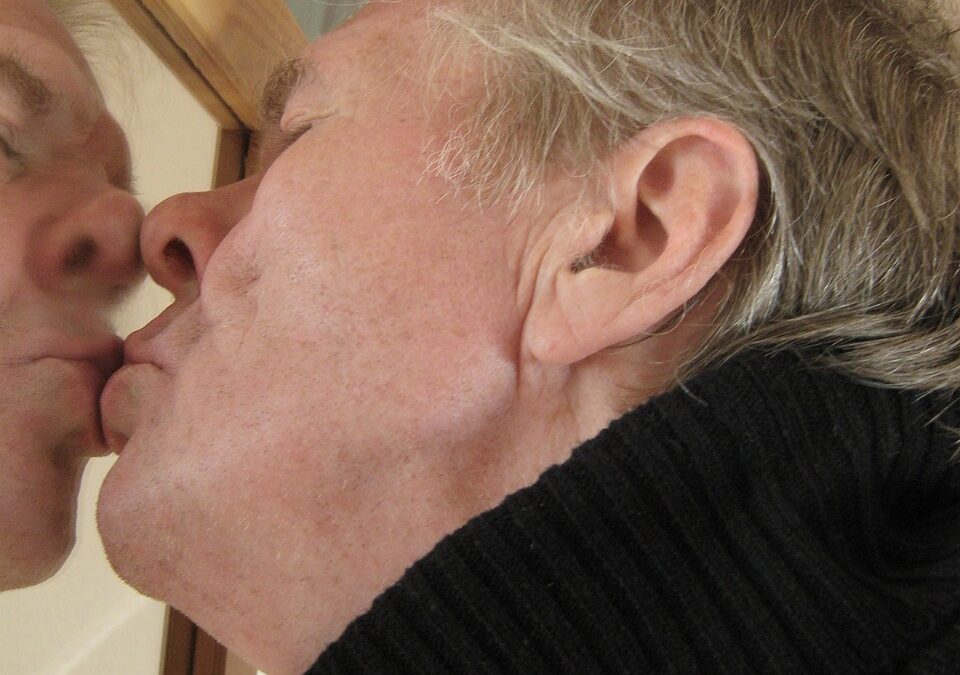There has been an increasing amount of talk over the past number years with a focus on encouraging or teaching people how to love themselves. Is all this talk of self-love healthy? Allow me to share a few reasons that I believe contribute to this increase and some thoughts on how we might approach this.
Number one – People in general have a need to feel that they are “OK”. That they themselves have value and that they matter. And, that is truly important. For some, if their pattern turns to self-loathing or self-criticism, a message of loving yourself is definitely attractive. Whether or not the way that “self love” is being promoted fills that need or not, it is often looked to as an answer.
Number two – The world has a tendency to pump shallow solutions and instant and temporary gratification, and this can leave people feeling unfulfilled at a deeper level of their soul. When this is the case, people can be drawn to messages that direct us to love ourselves even more.
Number three – For some that emphasize a message of self love, this can be an easy way to gain attention, even if the message stops short of the depth that can help with change. You know – “Just love yourself!” Or, “You’ve gotta love yourself and everything will work out!”
Allow me to be very clear. There is no question about it – having a healthy attitude about yourself and view of yourself, is crucial. We can’t love others properly or live out a healthy life that’s free from an assortment of deep struggles, when we dislike ourselves.
At times, I believe what can happen is that people are looking for answers to address a ditch of self-denigration, self loathing, or negative emotions towards one’s self. The problem is, if we just tell people to love themselves without address why these things are happening, it can lead us to a self-focused attitude without really addressing the reasons why someone has negative emotions towards themselves.
I’ve seen a mantra recently on a billboard that declares, “You are enough”. I don’t mean to be crass, but enough of what? Enough for what? Or, “You are good enough just the way you are.” Is that always true, or helpful?
What if I am depressed, struggling, or unhappy with the outcomes of my life? Am I supposed to just tell myself that this is fine? What if I’m unfulfilled or struggle with issues? Do I lie to myself and convince myself that I’m enough and I’m good just the way that I am? That may give a temporary jolt to make us feel better, but it doesn’t leave any hope for us to improve, find freedom, or get to a new and better place in life.
I believe a better approach is to find a balanced, healthy understanding and opinion of who we are as individuals, so as not to be in the ditch of negative thinking, or self-focus or narcissism.
I think that it’s important to have a general definition of what we’re talking about with the word love.
I believe that this is where some problems can come in. Our definitions of love can be distorted. Love is not just being nice to someone. Love is not just an emotion or warm fuzzy. If love were based on feelings, then it’s temporary and subject to change at any given moment, because feelings change.
Most certainly, emotion plays a part in love, but it’s deeper than emotion, and has to be, for any longevity. Genuine love involves characteristics like providing for, protecting, sacrificing for, taking care of, or dedication to someone. Even more, it involves things like respect, honesty, and responsibility.
So, if we are to love ourselves, it’s not necessarily just feeling a bunch of positive emotions when we think about ourselves. Shallow “love” focuses on the outward appearance and image. If our love for ourself is just outwardly telling ourselves that we’re a beautiful person or we’re that we are special, we may just be chasing a feeling without much depth.
Deep inside, we are looking for self-worth, value, and some indication that we matter. This is usually tied to how we respect ourselves, and how we contribute to others.
The first step is to commit to ourselves that we will be honest with ourselves and self-aware regarding weaknesses that we may need to give attention to, as well as, lies we’ve believed about ourselves and our world that have led to incorrect views of ourselves.
Second, so often the self-worth, value, and indication that we matter are directly tied to the healthy contributions that we make to others. Emphasis on healthy, and not necessarily dysfunctional relationships. However, contributing to others, investing in our world around us, and expressing love to others builds us up.
Often, in those places we see our value and our worth and that helps to build the deep emotional foundation we’re looking for.
Until next time, be wise!

